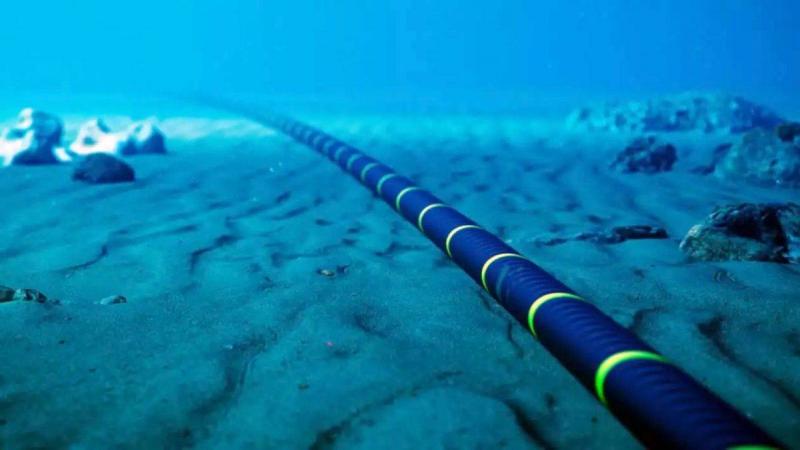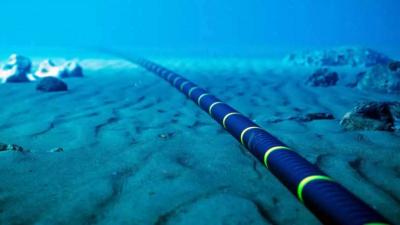A report published by the Gulf International Forum warns that vital undersea cables may be the next target of Houthi attacks in the Red Sea, indicating an evolving threat that could severely disrupt global communications and economies. The report states, "The network of vital underwater communication cables could be an easy target for the upcoming Houthi attack, and this possibility should raise concerns for all countries that rely on this critical infrastructure, both near and far."
Houthi attacks on commercial vessels in the Red Sea have already posed a significant threat to maritime navigation, but according to the report, the situation could evolve from attacks above the water's surface to those below, as undersea cables become the new target in the conflict. Earlier, a Telegram channel linked to the Houthis published a report accompanied by an image showing a map of undersea communication cable networks in the Mediterranean, the Red Sea, the Arabian Sea, and the Arabian Gulf. The report, published on December 24th last year, mentioned, "There are maps of international cables that connect all regions of the world via the sea. Yemen appears to be in a strategic position, with internet lines that connect entire continents – not just countries – passing nearby."
Although the report did not specify a target, the threat aligns with the most aggressive military campaign the Houthis have launched against vessels in the Red Sea. Many individuals, both in the Middle East and around the world, take for granted the modern conveniences provided by undersea cables. Yemen stands at a critical juncture for these communications, as the Bab el-Mandeb is a checkpoint for maritime traffic over the waves, making the region one of the three most intersected points of cables in the world, posing threats to this infrastructure and a particular concern for major powers like China and the United States, which are already competing for control of the cable network.
These cables serve as one of the world's most vital digital infrastructures, handling over 95% of global data and international communications, amounting to an estimated $10 trillion in financial transactions every day. According to the report, certain factors have kept undersea cables safe so far, most notably the relative technological backwardness of the Houthi group, which lacks the submarines necessary to access the cables. The Houthis have long posed a threat to international maritime navigation, but a recent string of increased criminal attacks by the group underscores their determination to play a larger role in the region.




